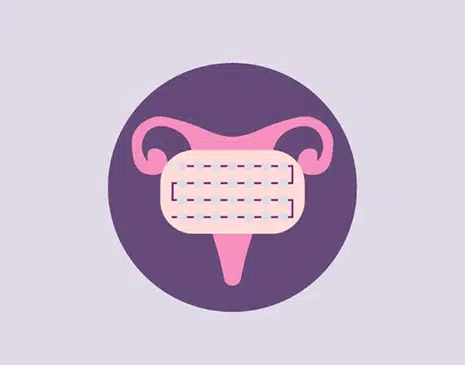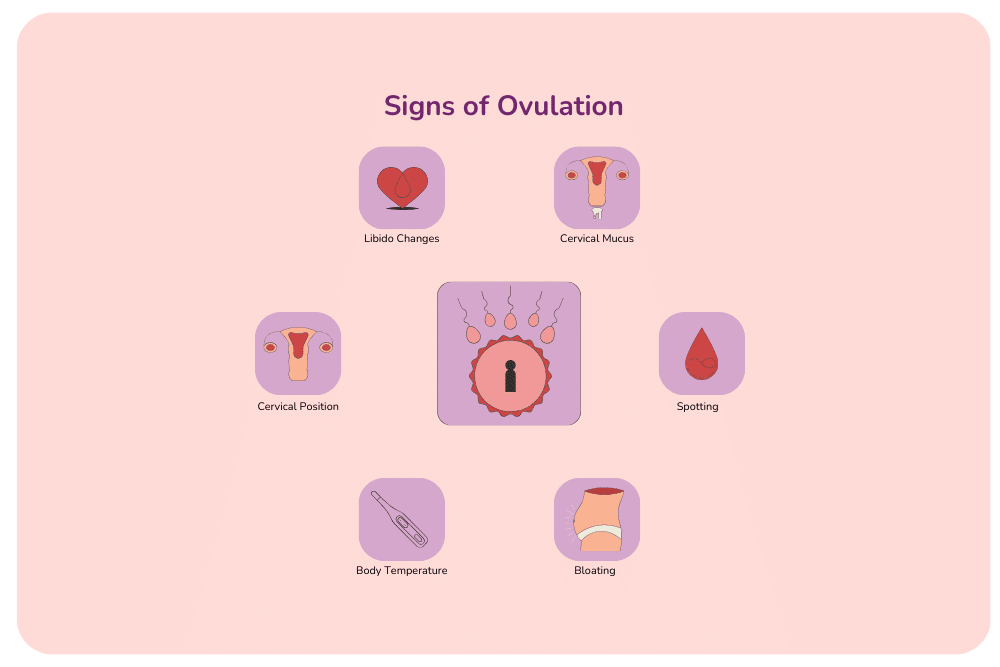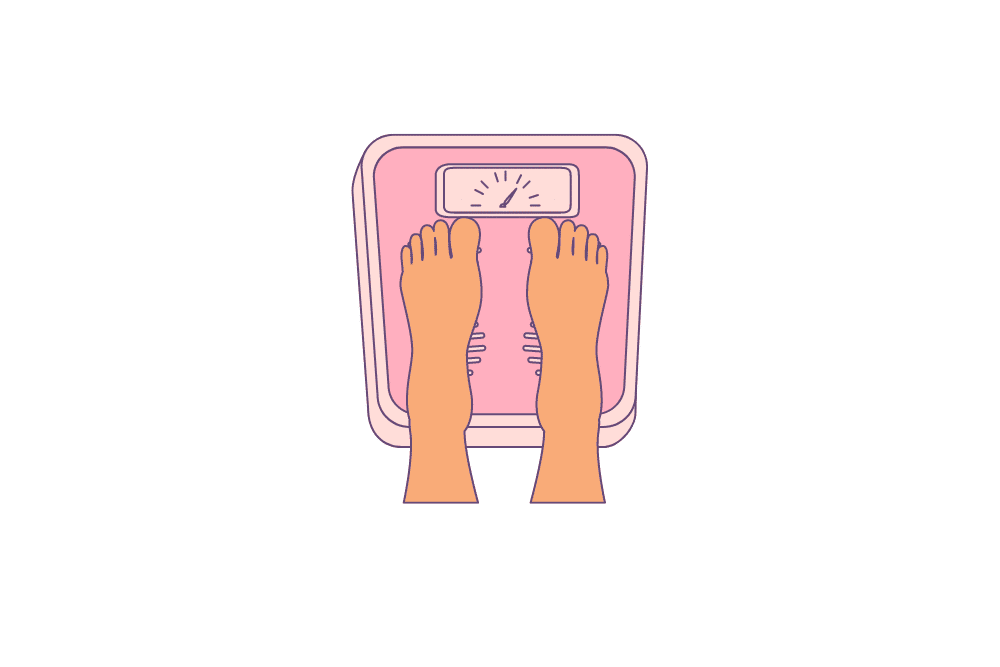Perhaps you’ve recently become sexually active and plan on preventing unintended pregnancy and sexually transmitted infections (STIs). Or perhaps you’re trying to target acne, premenstrual syndrome (PMS) or another condition with help of the oral contraceptive pill. Whatever your reason for taking the pill, there are some things you need to know as a first-time user of the pill. So, let’s dive into to everything you need to know before using the oral contraceptive pill.
You have to take it religiously, every day
The oral contraceptive pill is 99% effective when used 100% correctly. So, when the instruction manual states to take the pill at the same time every day to give yourself the best chance of pregnancy prevention, worship that instruction manual like your life depends on it. If you miss a pill, you should take the pill you missed immediately.
Protection is not immediate
The level of protection provided by the pill depends on where you are in your cycle and the type of pill you’re taking. If you’re taking the combination pill, protection is immediate only when you start within five days of your period. If you begin mid-cycle, make sure you have a back-up form of contraception on standby for 1-2 weeks. If you’re taking a progestin-only pill, no matter where you are in your cycle when you start, you’ll be protected once 48-hours passes.
There may be some side effects
It’s going to take some time for your body to adjust and respond to hormonal fluctuations caused by taking the pill. So, don’t panic if you experience side effects of headaches, nausea, bloating, breast tenderness, or weight changes. Once your hormones regulate, side effects should disappear. If side effects haven’t subsided after 3-4 months, see your doctor as you may need an alternative type of birth control.
It does not protect you from sexually transmitted infections
Admittedly the pill is great at a lot of things, like effective birth control and managing PMS symptoms. But the pill will not protect you from sexually transmitted infections. That’s because STIs pass via skin-to-skin contact and the exchange of bodily fluids. Condoms are the only form of birth control to protect against STIs because they provide a barrier that eliminates skin contact and transmission of bodily fluids.
It’s not only for birth control
Taking the pill not only reduces your risk of unintended pregnancy. It can help to alleviate PMS symptoms and relieve acne. So, it’s a win, win, win if you experience problems with PMS or your skin. Learn more about the best birth control for acne.
It’s not 100% effective
Even if you take the pill at the same time, every day, without skipping a dose, it only has a 99% efficacy rate. Of course, you can strengthen your protection with a secondary birth control method, like a condom. However, never assume that you will be 100% protected. Accidents happen all the time, no matter how safe your sexual practices may be.
The first type of birth control pill you take may not be the right one for you
You’ve seen your doctor and they’ve prescribed a birth control pill, only for you to realise that type of pill does not agree with your body. These things happen. It doesn’t mean the birth control pill is the wrong contraception choice for you. There are so many birth control pill options available, it may just mean you need a different brand or type of pill.
The first type of birth control pill you take may not be the pill you take forever
As you move through different stages of life, your body will experience hormonal fluctuations. So, the pill you were prescribed on day one, may not align with your needs down the track. It’s not the pill, it’s you. If at any time you begin to experience nasty side effects related to the pill, speak with your doctor.
This guide is designed to be informative and educational. It is not intended to provide specific medical advice or replace advice from your medical practitioner.
References:
- https://www.medicalnewstoday.com/articles/322867
- https://www.healthline.com/health/birth-control/how-to-take-birth-control-pills





